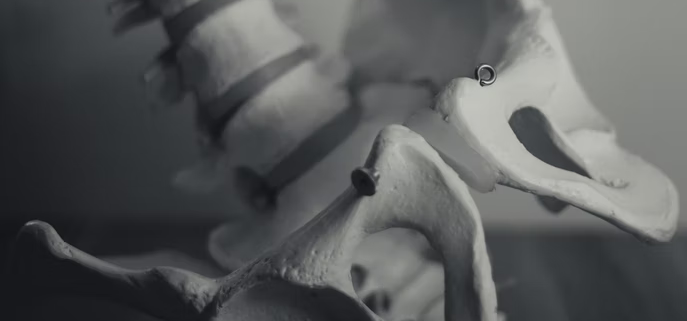Cervical Cancer Symptoms and Prevention Vaccines
This article contains the Symptoms of Cervical Cancer and its Prevention Vaccines which were presented at the Good Life Healthy Solutions Talkshow on UNISI Radio on Monday, July 4 2022.
Cervical cancer is cancer that grows in cells in the cervix. Almost all cases of cervical cancer are caused by the HPV virus (Human Papilloma Virus). There are hundreds of types of HPV viruses, but only 14 types get cancer and 70% of cervical cancer cases are caused by HPV types 16 and 18.
Based on data presented by the Ministry of Health on January 31 2019, there were 23,4 cervical cancer cases per 100.000 population with an average death rate of 13,9 per 100.000 population. The highest cancer prevalence is in the DI Yogyakarta province, namely 4,86 per 1000 population. The high cases of cervical cancer in Indonesia have made WHO place Indonesia as the country with the highest number of cervical cancer sufferers in the world. Ironically, 80% of cervical cancer patients present at an advanced stage, and 94% of these cases die within 2 years.
Symptoms of cervical cancer that arise are bleeding from the vagina that is not normal, such as bleeding outside the menstrual period, bleeding after sex, or after menopause, pain in the lower abdomen or pelvis, experiencing excessive fatigue, changes in defecation schedule , pain during sex, and abnormal vaginal discharge.
Even so, there are ways to prevent cervical cancer, which are as follows.
- HPV Vaccination
Who Should Get the HPV Vaccine?
- HPV vaccination is recommended at the age of 11-12 years. The HPV vaccine can be given from the age of 9 years. All preteens need the HPV vaccination, so they are protected from future cancer-causing HPV infections
- The CDC recommends that children ages 11 to 12 receive two doses of the HPV vaccine 6 to 12 months apart. The first dose is routinely recommended at 11-12 years of age. Vaccination can be started at the age of 9 years.
- Only two doses are needed if the first dose is given before the 15th birthday. Children ages 9 to 14 who have received two doses of the HPV vaccine less than 5 months apart will need a third dose.
- Adolescents and young adults, ages 15 to 26, need three doses of the HPV vaccine.
- Three doses are also recommended for people ages 9 to 26 who have a weakened immune system.
- Vaccination is not recommended for everyone over 26 years of age.
- Some adults ages 27 to 45 who haven't been vaccinated may decide to get the HPV vaccine after talking to their doctor about the risks of a new HPV infection and the possible benefits of vaccination for them. HPV vaccination at this age range provides less benefit, because more people in this age range have been exposed to HPV.
- This vaccine has started to become a government program (not in all regions) which is given to students in grades 5 and 6 of elementary school.
- Have safe and healthy sexual intercourse
Early detection of cervical cancer can be done with a pap smear. This examination should be done regularly by women who are sexually active. From the age of 21, you already need to do PAP smear at least once every 3 years until the age of 65 years.
By:
dr. Vita Widyasari, MPH, Ph.D
[email protected]

